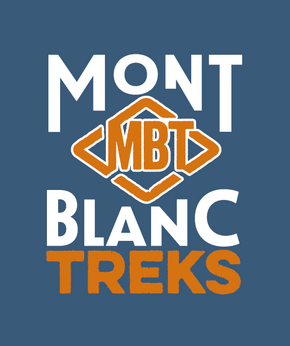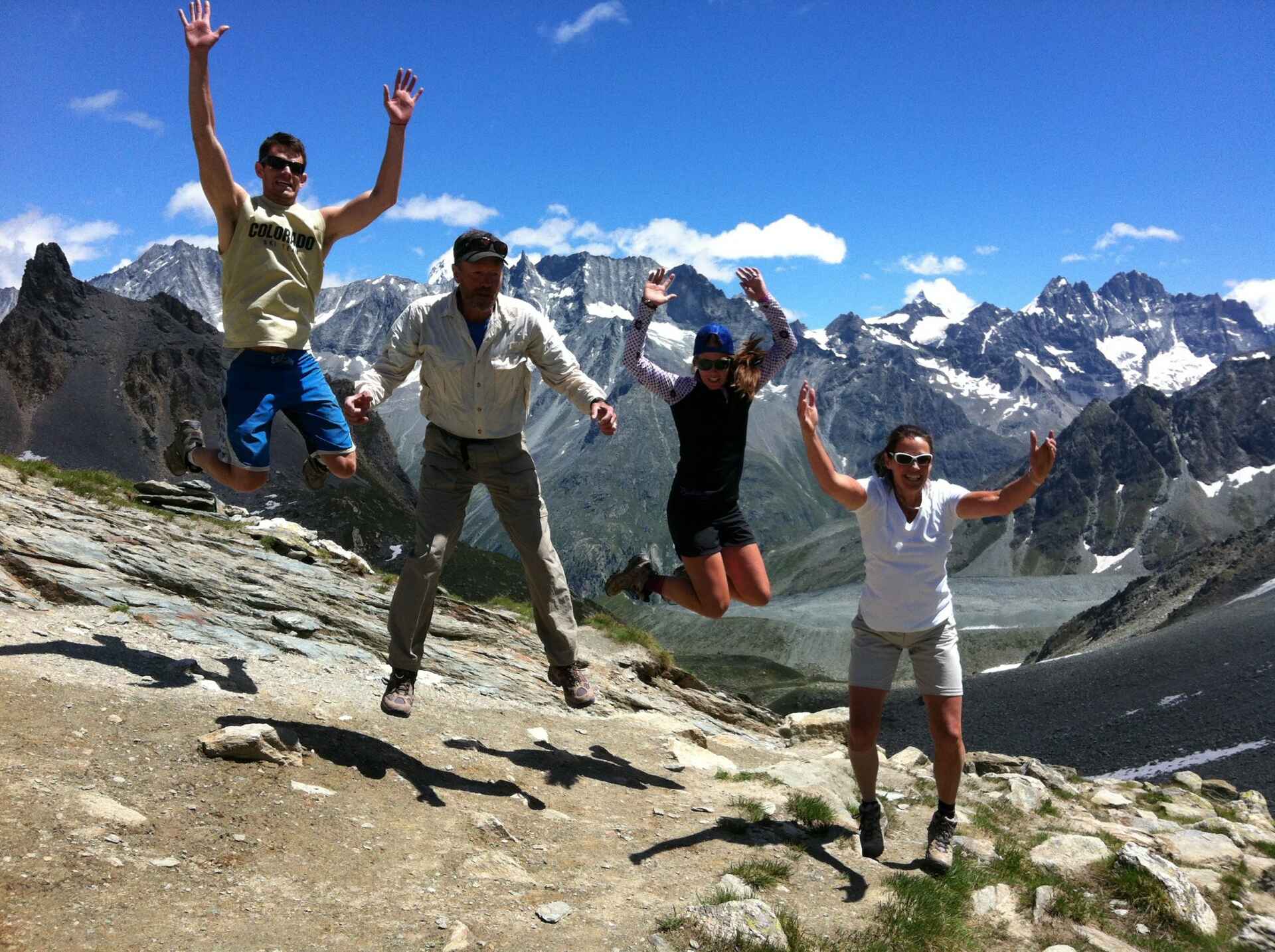So you have signed up for a summer adventure trekking the Walkers Haute Route. Now is the time you make sure you are fit and ready in order to get maximum enjoyment out of your trek. Walkers Haute Route is a great challenge and preparation is the key to achieving your goal.
The Walkers Haute Route is for sure a stunningly beautiful trek but it isn’t easy and each day you will experience some challenging terrain. The Walkers Haute Route is physically demanding, you will be travelling over rugged and mountainous terrain with a sustained amount of ascent and descent on a daily basis. Make sure you are aware of the daily distances travelled and the height gain and descent so you know what to expect.
Trek Grading
We grade our treks from 1 to 4 (1 being relatively easy & 4 being toughest), each trek receives a grade depending on the difficulty of terrain and numbers of days of sustained trekking.






